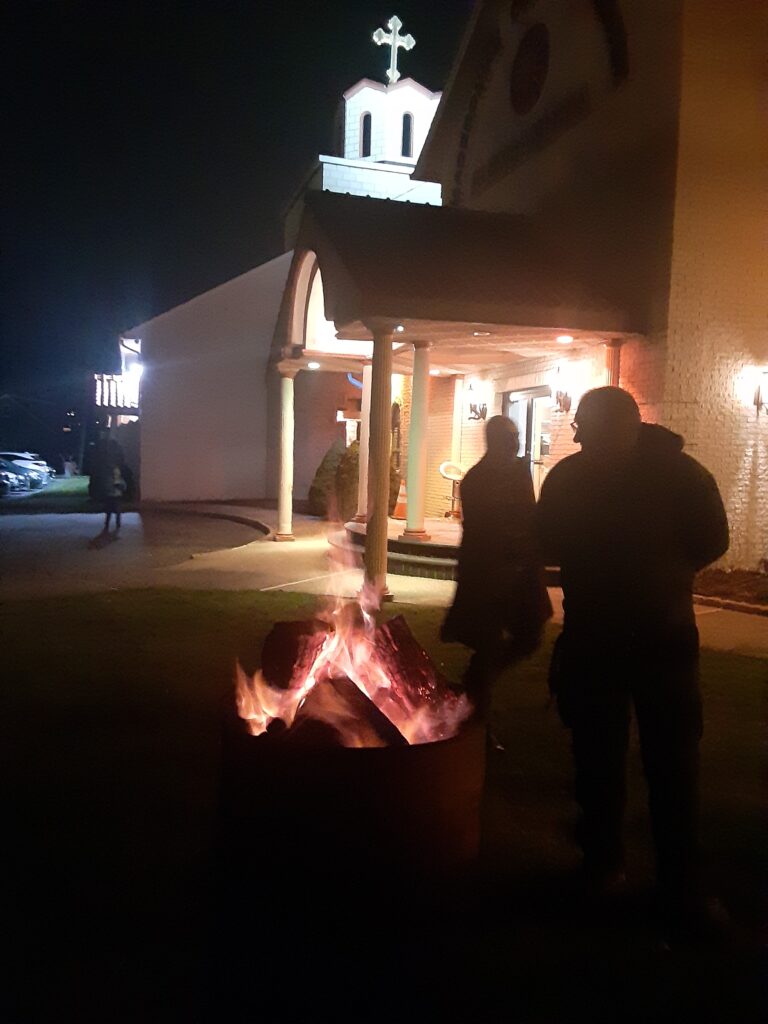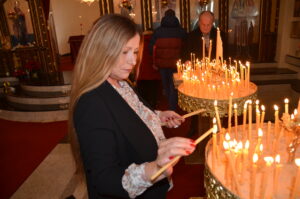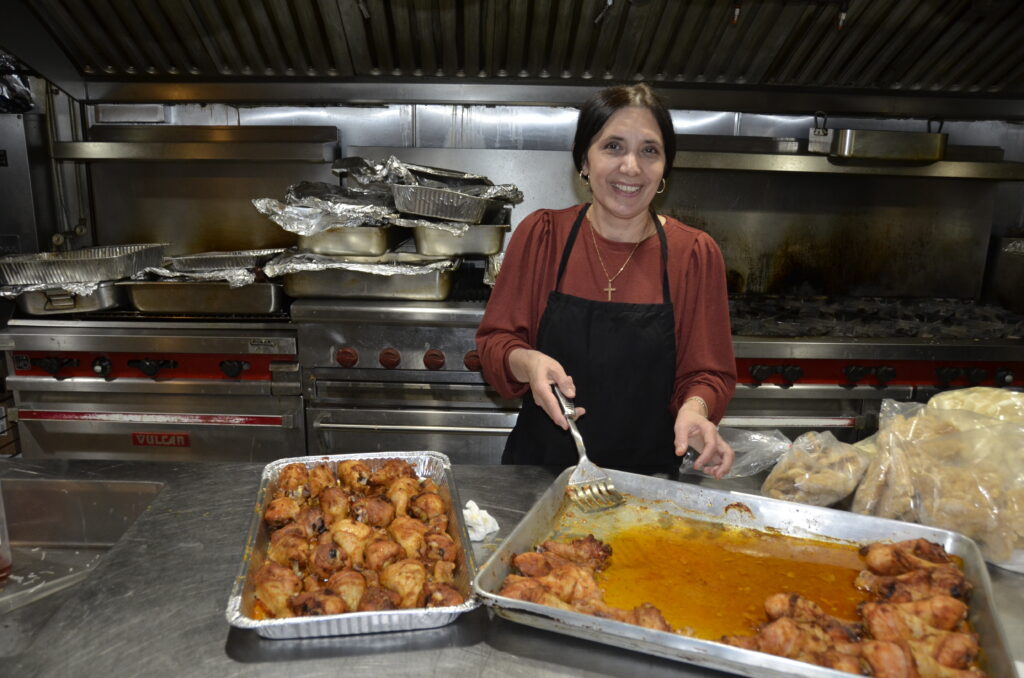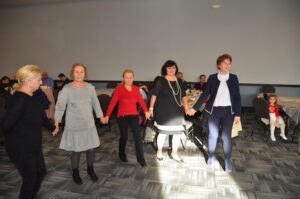Balkans celebrate late Christmas January 7th
New Jersey — Balkans celebrate Christmas on January 7th (The Orthodox Church use the ‘Julian’ Calendar for their festivals).
Christmas celebrations really start on 5th January where is called ‘Kolede’. On this day people, especially children, like to go carols singing around their neighbors. They are given fruits, nuts and coins.
When the singing has finished people gather around big bonfires. They are sometimes held in parks where hundreds of people can go to see them. Others like smaller events where the local community comes together. Lots of traditional food is eaten.

At the end of the night a special Christmas bread which has a coin baked in it is passed around. Everyone takes a piece and if you find the coin you’ll get luck for the next year (and you might also have to host the bonfire the next year.


On Christmas Eve (6th January) people look forward to the special Christmas meal that will be eaten in the evening. The meal is called ‘posna’ and traditionally contains no dairy, meat or animal products. Dishes might include nuts, fresh and dried fruits, baked cod or trout, bread, kidney bean soup, potato salad, Ajvar (red-pepper dip), Sarma (cabbage leaves stuffed with rice and spices) and pickled vegetables. Coin bread or Christmas Cake with a coin in it is eaten at the end of the meal.
Christmas Eve is also when the traditional oak yule log, called a ‘badnik’, is brought into the house and is lit (the Christmas Eve meal is also sometimes called ‘badnik dinner’). Houses are also often decorated with oak branches and Christmas Trees are popular. There’s sometimes straw either on the floor or under the tablecloth.
On Christmas Day (7th January) most Christians go to a Church service and then come home to eat a large Christmas feast! The traditional Christmas Day greeting is “Hristos se rodi” or “Христос се роди!” (Christ is born) to which you reply “Navistina se rodi” (He truly is born!).
In Balkans Slavic people Happy/Merry Christmas is ‘Sreken Božik’ (Среќен Божик).

The big Christmas Day meal might include different roasted meats, cheese pies, salads and lots of bread, cakes and sweets. Christmas celebrations often last for another three days after Christmas Day.



